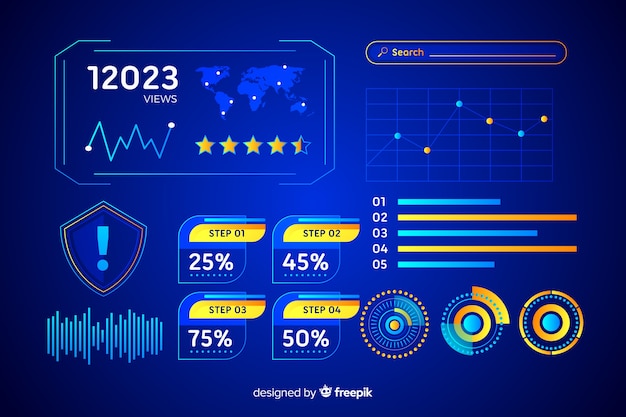The Ultimate Showdown: Who Will Reign Supreme in the Dashboard Arena?

More than half of automotive companies think they can handle the competition for car dashboards against tech giants on their own. However, 46% of them still expect to see a revenue boost of over 16% in the next two years by teaming up with partners.
These insights come from a study by technology consultancy BearingPoint, looking into digital strategies and partnership ecosystems in the global automotive industry. The study shows that 50% of automotive companies have clear digital business strategies that they’re already implementing, while 49% are still planning theirs. Over half of them (59%) view business model innovation and the introduction of new products and services as crucial parts of their digital strategies.
By working with partners, automotive companies can quickly create new revenue streams and launch more exciting products and customer experiences before start-ups and tech giants do.
Matthias Loebich, global leader of production industries at BearingPoint, notes that automakers understand the impact of trends like connected cars, autonomous driving, and mobility-as-a-service. They also see the need for partners who can bring in investment, intellectual property, and digital skills. However, 52% of these companies are still holding onto an old mindset that blocks innovation. Overcoming this mindset is key for those wanting to co-innovate and tap into the opportunities of digital ecosystems.
Automotive companies are optimistic about the value of partnerships, with 46% expecting revenue growth of over 16% in two years. Of these, 24% even predict growth between 21% and 30%. Despite this, many still believe they can succeed without partners—only 48% think a well-defined partner ecosystem is essential. This might be because 70% of companies worry that partnering could confuse consumers about their brand.
Angus Ward, CEO of digital platforms at BearingPoint, explains that slow execution of digital strategies reflects a conservative approach to customer relationships and collaboration in the automotive sector. Traditionally, these companies relied on dealerships to manage customer relationships. But in the digital age, having a full view of customer needs and collaborating with partners is crucial. To compete with traditional automakers and big tech companies, they must embrace open ecosystems and multiple partnerships. This will help them innovate while keeping their brands relevant.
On a positive note, automotive companies are keen to grow partnerships with digital disruptors. Currently, 29% work with them, and this number is expected to rise to 41% in the next two years. These partnerships will enable continuous development and sales of digital services, generating new recurring revenue streams from connected customers.
A major challenge for these companies is having the right technology to manage monetization across a partner ecosystem—59% of them face this issue. Their existing technology is tailored to their enterprises rather than wider ecosystems. Furthermore, 57% find it difficult to adapt their traditional IT systems to multi-sided business models.